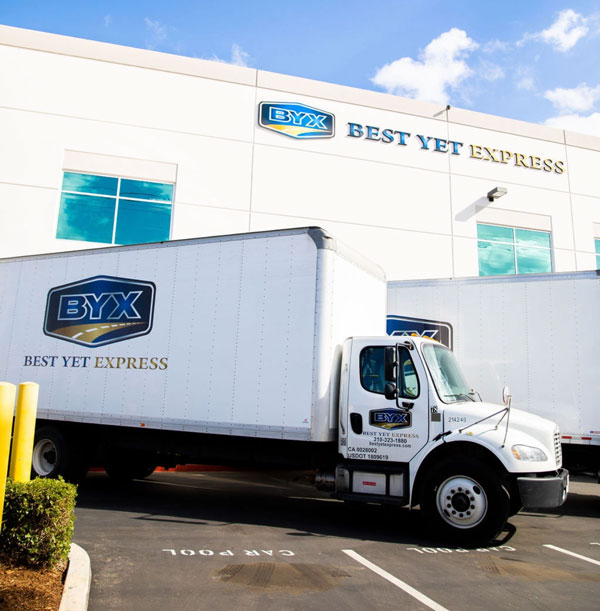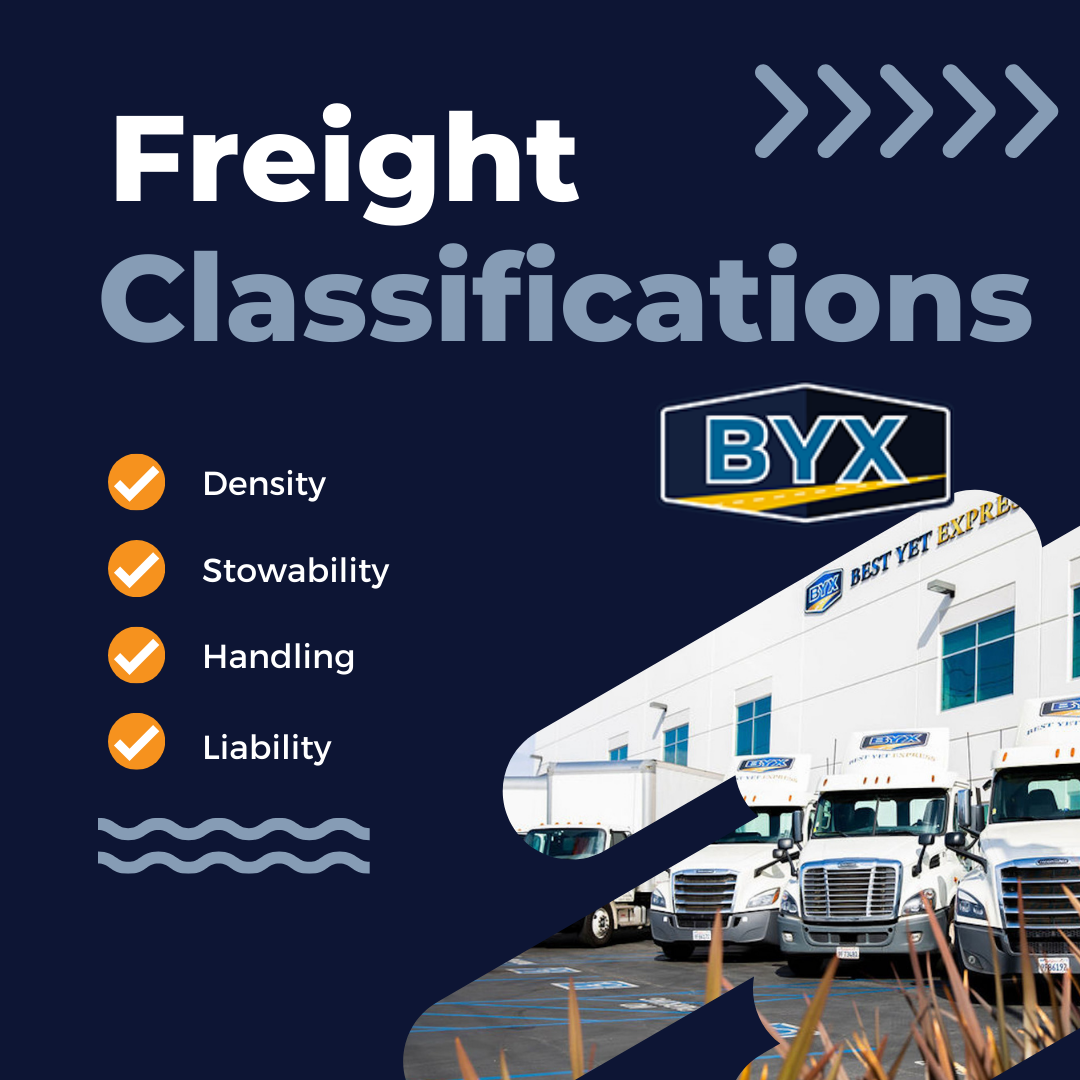In an era characterized by rapid technological advancements, evolving consumer demands, and global shifts, the transportation industry finds itself at a pivotal juncture. Transportation companies, ranging from logistics giants to ride-sharing startups, encounter an array of challenges that demand innovative solutions to stay competitive and sustainable in a dynamic landscape.
Let’s delve into some of the significant hurdles confronting transportation companies today:
1. Sustainability and Environmental Concerns
With mounting awareness of climate change and environmental sustainability, transportation companies face immense pressure to reduce their carbon footprint. The industry’s reliance on fossil fuels contributes significantly to greenhouse gas emissions. As a result, there’s a growing emphasis on developing eco-friendly alternatives, such as electric vehicles, biofuels, and hydrogen-powered transportation.
Companies are investing heavily in research and development to adopt renewable energy sources, improve fuel efficiency, and embrace sustainable practices. However, the transition involves substantial costs and infrastructural changes, posing a challenge for both established and emerging players.
2. Technological Disruption and Innovation
The rapid evolution of technology has revolutionized the transportation sector. The emergence of autonomous vehicles, artificial intelligence (AI), Internet of Things (IoT), and blockchain is reshaping traditional business models. While these innovations offer unprecedented opportunities for efficiency, safety, and connectivity, integrating them into existing infrastructures poses a significant challenge.
Transportation companies must navigate regulatory hurdles, ensure data security, and invest in upskilling their workforce to leverage these technologies effectively. Additionally, achieving interoperability among different systems and ensuring seamless integration remains a critical obstacle.
3. Last-Mile Delivery and Urban Congestion
The rise of e-commerce has amplified the demand for efficient last-mile delivery solutions. This is where we specialize. Transportation companies face the challenge of optimizing routes, reducing delivery times, and minimizing costs while coping with the complexities of urban congestion and traffic jams. Solutions like drones, delivery robots, and micro-fulfillment centers are being explored, but implementation on a large scale requires overcoming regulatory barriers and operational challenges.
4. Regulatory Compliance and Government Policies
The transportation industry operates within a web of regulations and government policies that constantly evolve. Companies must navigate a complex landscape of safety standards, emissions regulations, labor laws, and taxation policies across different regions and countries. Adapting to these changes while ensuring compliance can be arduous and costly, particularly for smaller businesses.
5. Supply Chain Disruptions and Global Uncertainties
The COVID-19 pandemic highlighted vulnerabilities in global supply chains, causing disruptions and delays. Transportation companies grapple with fluctuating demand, shortages of essential supplies, labor shortages, and geopolitical tensions that impact trade routes. Finding resilient supply chain solutions, diversifying sourcing strategies, and mitigating risks are ongoing challenges in an increasingly interconnected world.
In conclusion, the transportation industry faces a multitude of challenges that require innovative strategies and collaborative efforts to overcome. Embracing sustainability, harnessing technology, adapting to regulatory changes, optimizing logistics, and enhancing resilience in the face of uncertainties are crucial steps for companies to thrive in this ever-evolving landscape. Successful navigation of these challenges will not only ensure business sustainability but also contribute to shaping a more efficient, sustainable, and connected future for transportation worldwide.








